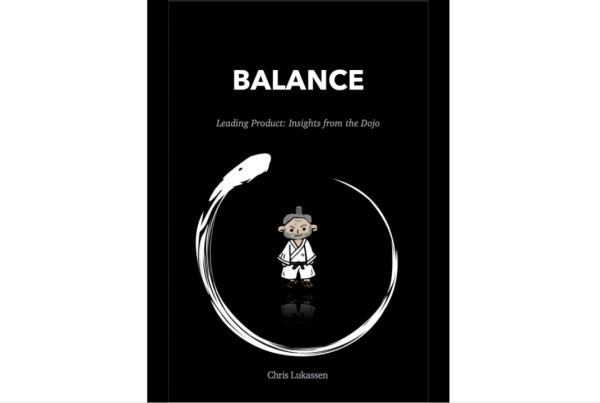Are negative emotions sapping your ability to detect the ripples large and small that emanate from all around you, and undermining your ability to carry out your responsibilities in the most effective way you can?
Colleague: “He said you would be upset about this.”
Me: “I’m not upset.”
Colleague: “But that’s not what you had in mind for this project. Shouldn’t you do something about it?”
Me: “Those are two very different questions. I’m definitely going to do something about it, but getting upset would do no good whatsoever.”
I have a series of pictures on my credenza at work. The pictures are of me winning the bronze medal fight at an important tournament years ago against a bigger and stronger opponent who stood much higher than I did in the rankings. The only reason the photographer even bothered with the match was to capture my opponent’s victory, which, it was assumed, would be spectacular. I simply wasn’t supposed to win that fight and spectators expected a very short match ending in a very clean throw. And that’s what they got.
[vc_single_image image=”3003″ img_size=”large” css=”.vc_custom_1605156746085{margin-top: 20px !important;}”]
As I have written in the past, there is something extremely visceral about fighting another person hand-to-hand, and it naturally brings forth some very primordial emotions. For years and years, I rarely slept well on the night before a tournament. On the day of the tournament, I remember the uneasiness at weigh-in as I eyeballed potential opponents, impressed by their evident strength and excellent conditioning, and the butterflies in my stomach as I waited for hours for my fights to begin. Fear. Stress. Anxiety (all non-pathological in the context of this discussion).
[edgtf_blockquote show_mark=”yes” text=”Fear and anger sap your energy as well as your ability to think clearly.”]
That day, I stepped onto the mats in a very unique state of mind and to this day, I remember very clearly how I felt as I stepped forward to bow to my opponent. I felt, in that instant, neither fear nor anxiety; I felt, in fact, no negative emotions of any kind. I was completely at peace and in tune with the present moment.
Over the years, I have tried to explain – to myself as well as others – the state of mind that I was in that day and why such a thing matters so much. The best image I can think of – the one that resonates the most with me – is that of still water.
Think of perfectly still water – as flat and reflective as the most perfect mirror that you can imagine. Now imagine a single, very small pebble hitting the surface, and the ripples going out in every direction for your senses to detect. Now imagine this same pebble falling into the churning waters of the ocean during a powerful storm. Would you ever notice the impact of that pebble – or of a whole bucketful of pebbles for that matter – during such a storm?
In my example, the water stands for our state our mind, our emotions. When our emotions are in turmoil, like a stormy sea, we lose the ability to pick up on many important things going on around us. But when our minds are at peace, like a quiet pond, we are able to detect even minute ripples within and all around ourselves.
In judo, the ability to relax and let go allows for sen no sen, the highest possible form of efficiency, in which you anticipate an attack at the precise moment that it is formulated in your opponent’s mind, and counter it in the very instant that it is initiated. This is simply impossible if you’re not completely “in the flow” and that’s why – everything else being equal – the angriest or most agitated person doesn’t win the day.
Keeping your mind and emotions truly calm and still under the most stressful conditions is easier said than done. I have achieved this on only a few rare occasions over the years but as a result, I do know what it feels like and that’s why I keep those pictures as a reminder on my credenza. And while instances of true internal peace during moments of extreme stress are necessarily rare and elusive, cultivating everyday tranquility of mind can help us cope with the pressures of work and life, and striving to keep our negative emotions in check is undoubtedly worth pursuing. Allowing yourself to take some time to relax (for real), getting enough sleep and exercising can all help in my experience, as can meditation.
And remember: The fact that you’re not getting upset about the way that this or that project is going doesn’t mean that you’re not determined, that you don’t care and won’t be taking decisive action to get things back on track. In fact, “letting go” could well allow you to think about things more clearly, achieve a much better outcome on all levels and, perhaps, help set a more constructive tone for others in the process.



